We have much more to do and your continued support is needed now more than ever.
Challenging Coal Curricula That Keep Children in the Dark
A newly-released school lesson plan series on energy tells children about the advantages of coal-burning for electricity but offers our kids an industry-biased view and, sadly, omits some of the most critical parts of the story.
UPDATE! On May 16, Scholastic removed their biased coal-industry funded curriculum from their website!
Thank Scholastic by clicking here to sign this twitter petition: Thank @Scholastic for removing their coal-industry backed, unbalanced curriculum from their website http://act.ly/3o6 RT to sign
The coal industry wants Americans to know that the majority of their electricity comes from coal-burning and it apparently feels this awareness needs be instilled at a young age: nine years old to be exact. Witness a new coal industry education program aimed at 4th graders. It is called The United States of Energy! and it comes from the American Coal Foundation and Scholastic. It purports to educate kids on where our energy “comes from, how it is used, and what part it plays in communities today.”

In our view, there is nothing wrong with letting kids know that electricity is produced by coal-burning and is used for many beneficial purposes. But, when describing the role it plays in communities, there is much more to the story than the coal industry and Scholastic seem willing to share with our children.
- The role that coal-burning plays in escalating the global warming crisis is omitted even though this is well-established in science. The unfairness of this omission is profound. The nine-year-olds who are being “sold” on the value of coal as a fuel source through this curriculum will live long enough to see dangerous rises in sea level, longer droughts, more intense wind storms and flooding, massive wildfires, spreading disease vectors and less breathable air. This will be our legacy to them and will be due to more greenhouse gases in the atmosphere. To be fair to our kids, a complete look at community implications must cover this subject fairly and accurately
- In addition to adverse environmental effects of coal-burning, there are serious childhood health implications that can have a particularly hard impact on low-income urban communities. The American Public Health Association points out that, in parts of some major U.S. cities, one-third to one-half of pediatric hospital admissions are for children with asthma who struggle to breathe when exposed to more pollution in the air.
- The coal industry and Scholastic have once again ignored the advice and policies of the professional environmental education (EE) community as embodied in its Guidelines for Excellence to provide materials and lesson plans that are of proper depth and are fair and accurate. The EE field has great skill and offers solid guidance in developing education materials on complex environmental subjects requiring a fair look.
Our bottom line is that our kids have a right to know the full story on electricity production via coal-burning and not just the see the smiling face that the coal industry might want to put on it. We think that for-profit businesses using the classroom as a forum to propagandize kids on behalf of their product is a bad idea ethically and educationally. We also think that Scholastic should not be aiding and abetting the coal industry in developing one-side lessons that smack a bit too much of brainwashing. Too much influence on classroom lessons from business interests almost invariably lacks the thoughtful and well-reasoned balance that our kids deserve.
As adults and educators, we must be more mindful than ever that environment and energy-based lesson plans and curricula should help our children to be prepared for a complex and possibly perilous set future environmental realities. We should not be encouraging ignorance of these subjects or keeping our kids in the dark.
Call or write to express your views or let @Scholastic know how you feel on Twitter.

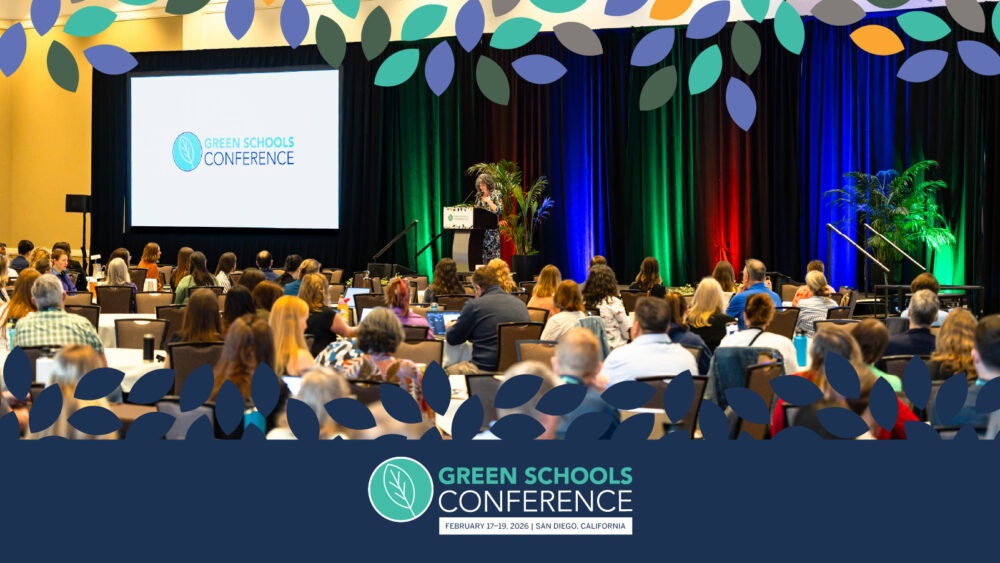

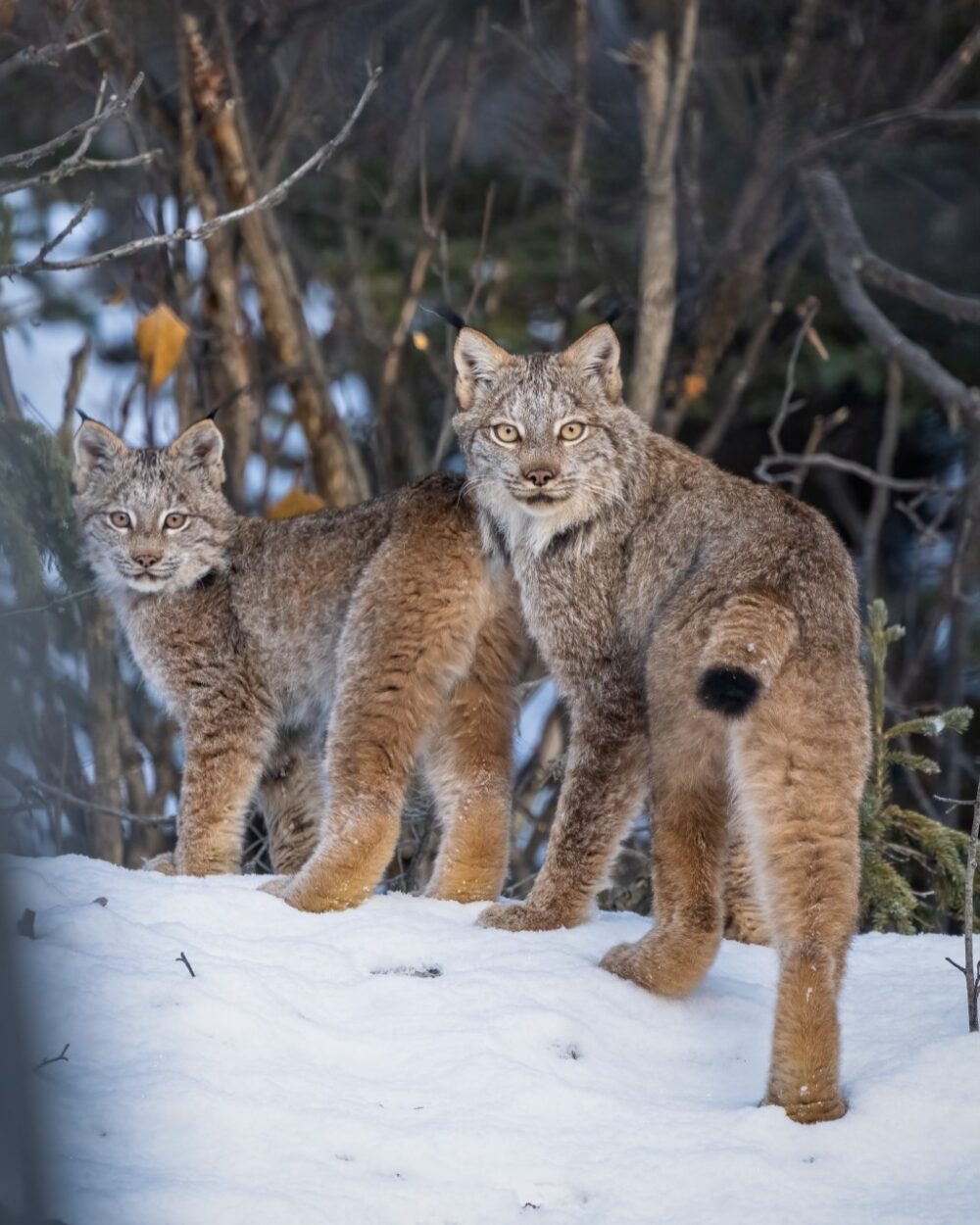
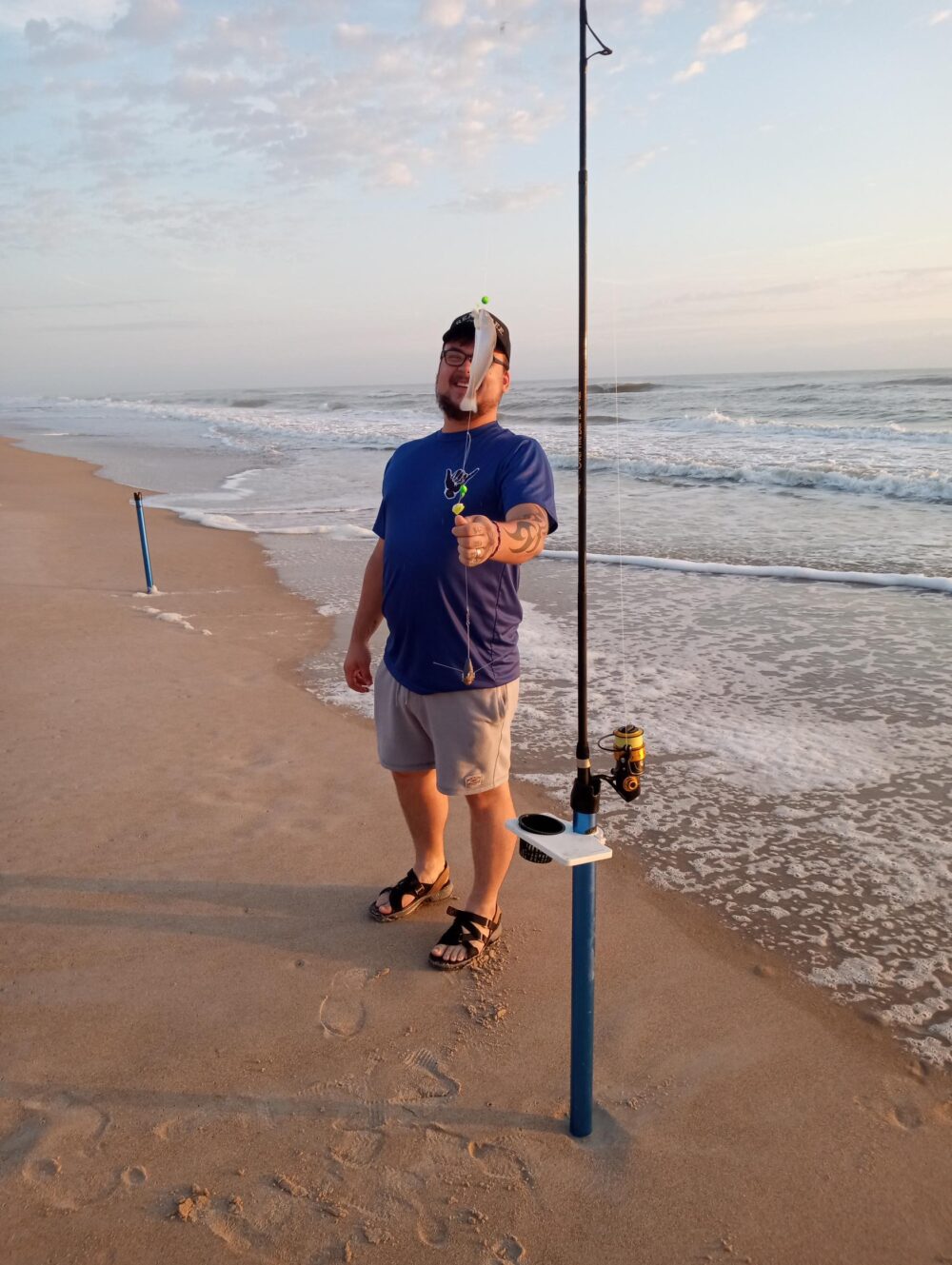
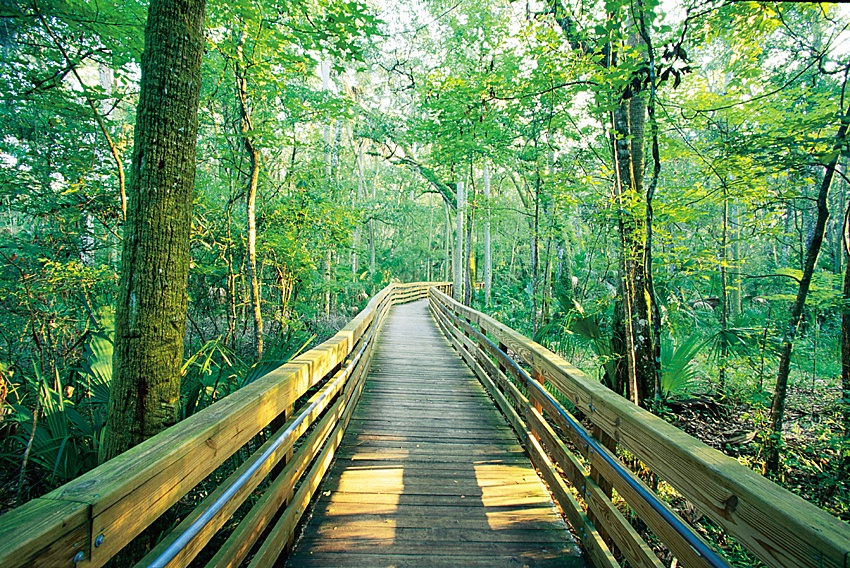
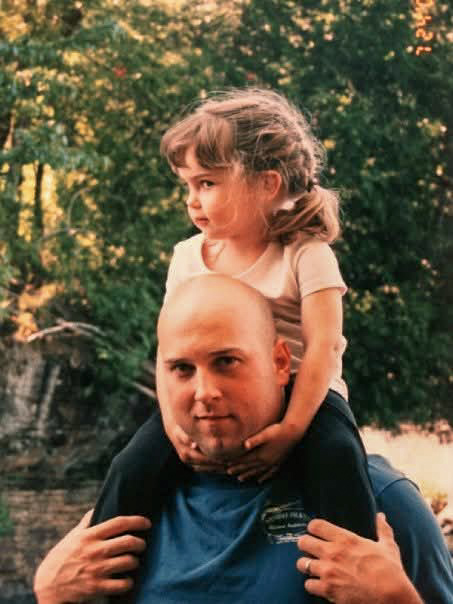






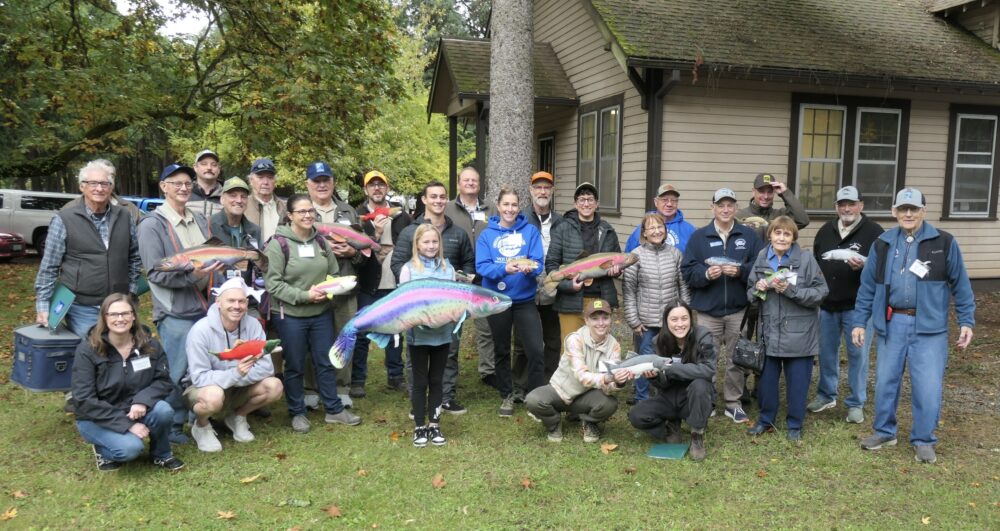
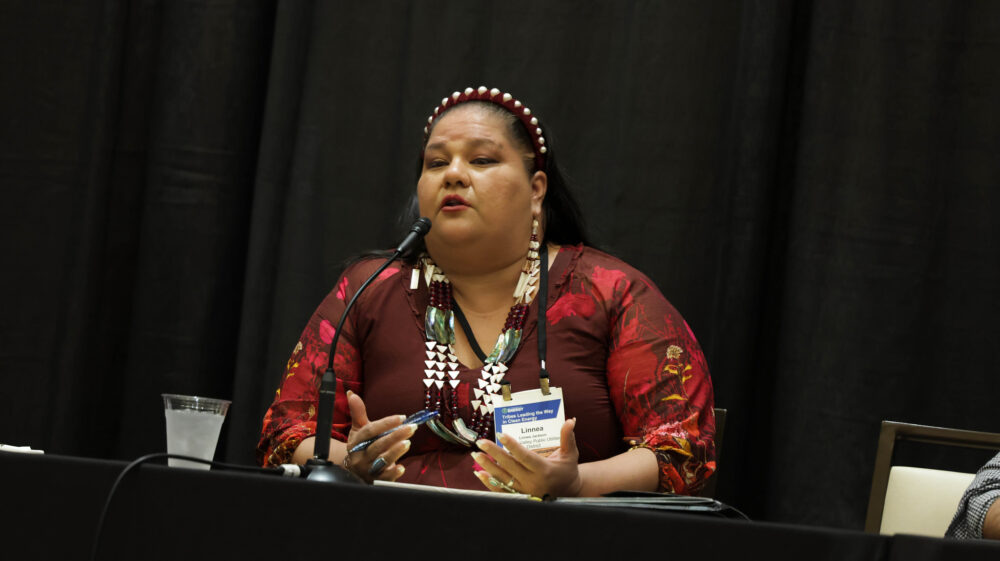
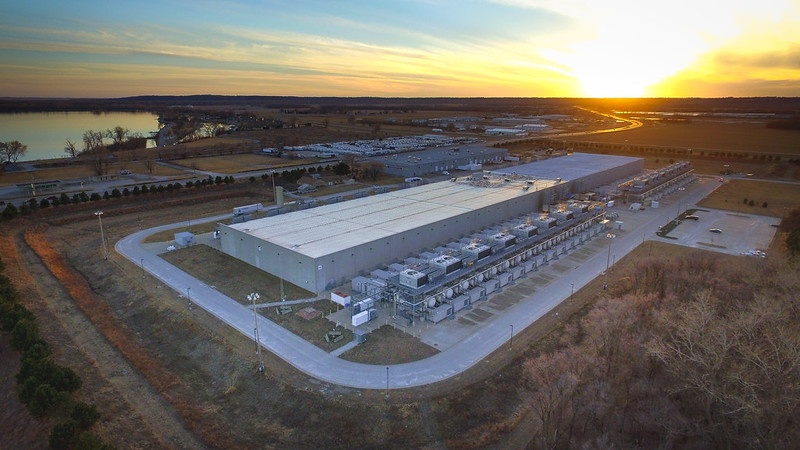


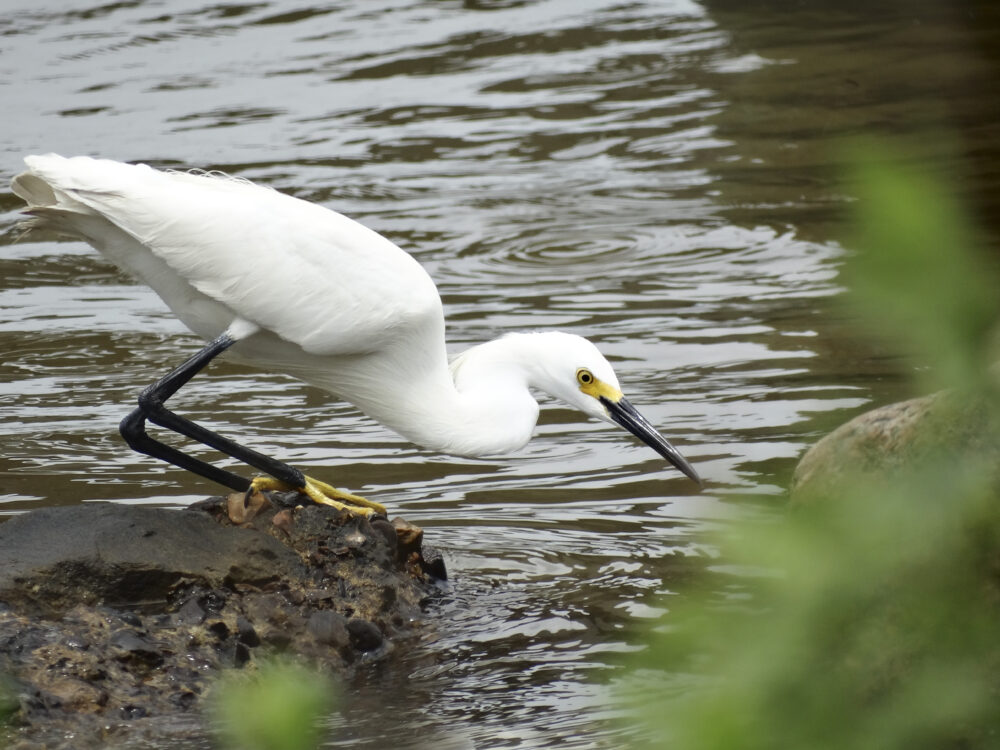


Building Momentum: What’s Next for Beaver Conservation in Colorado